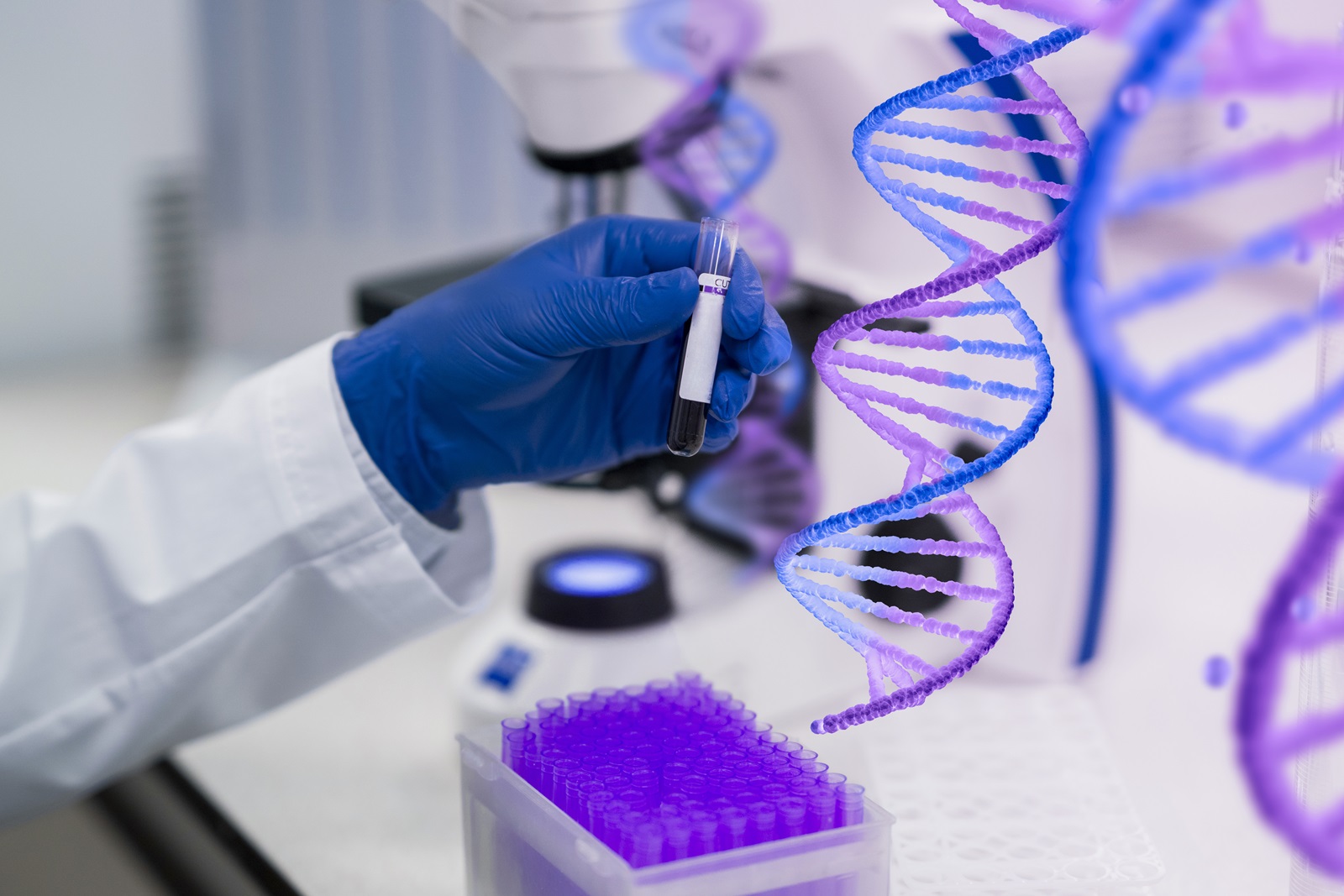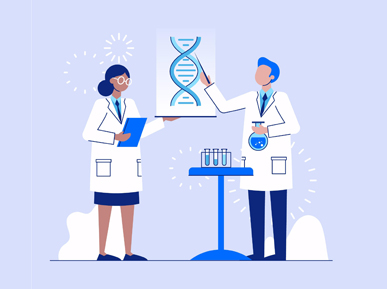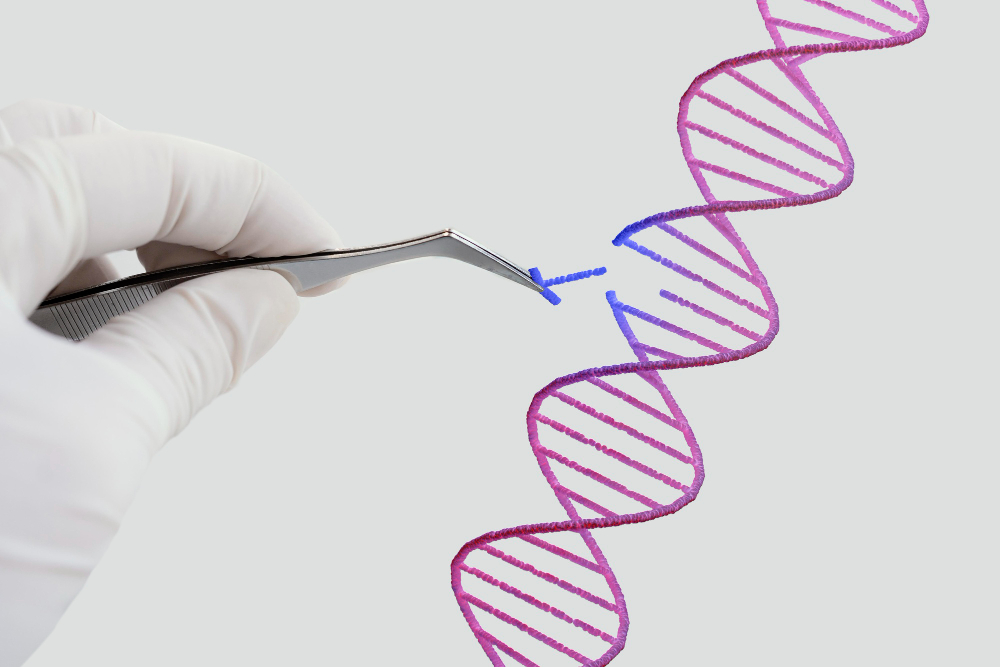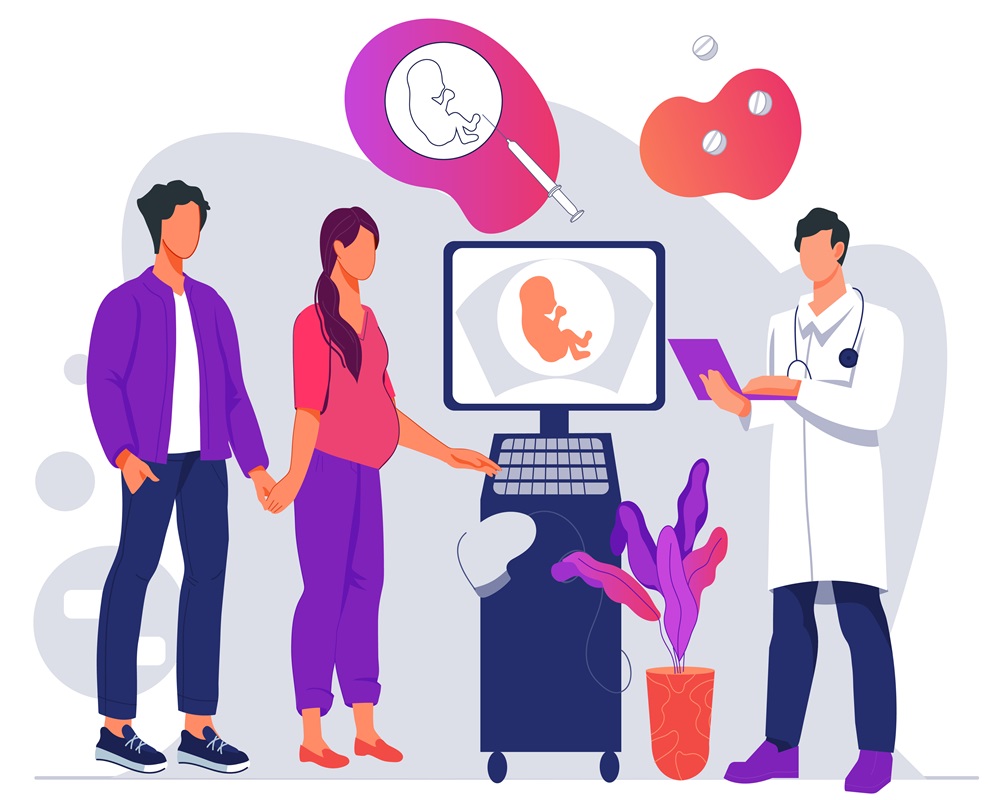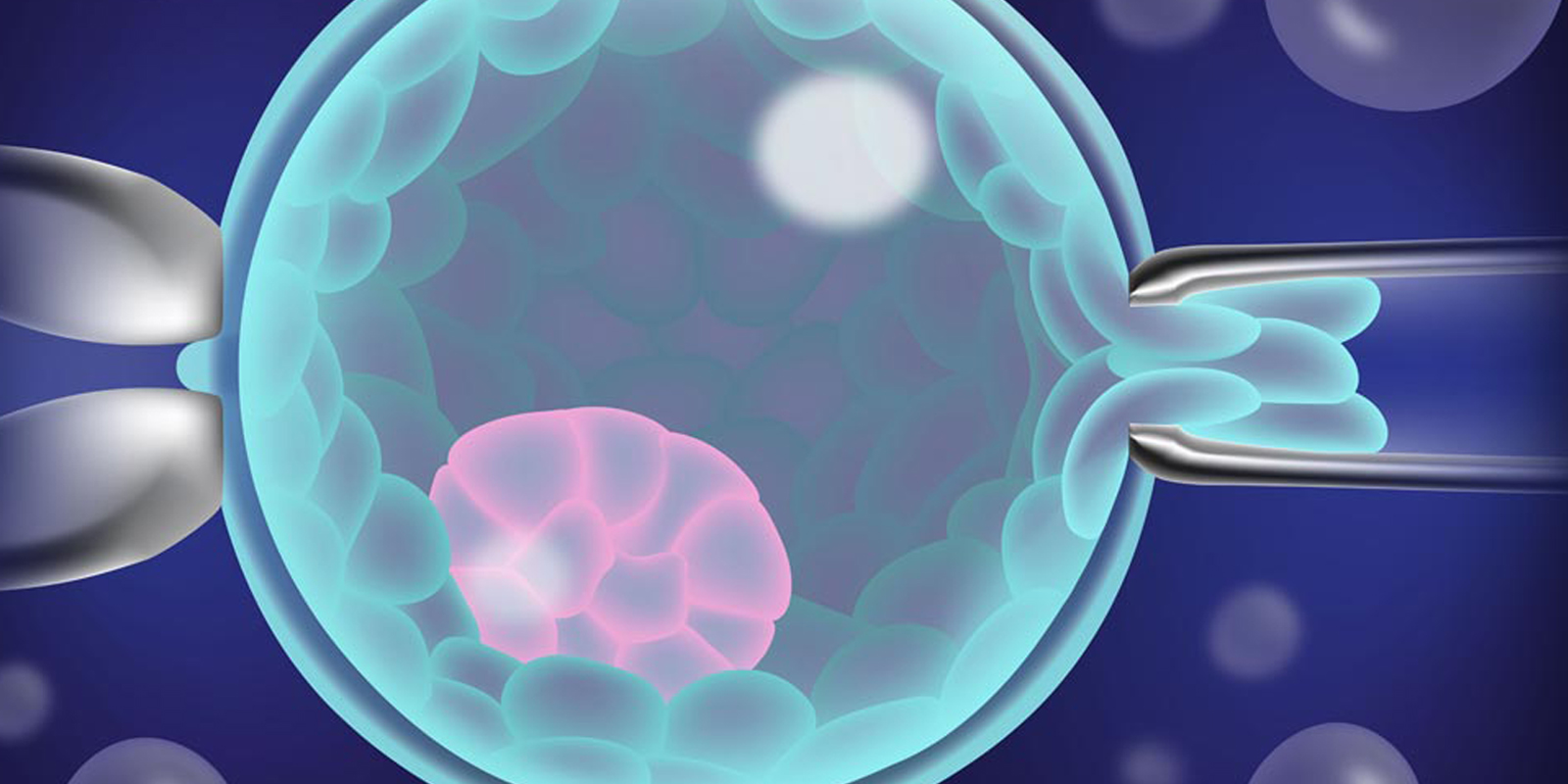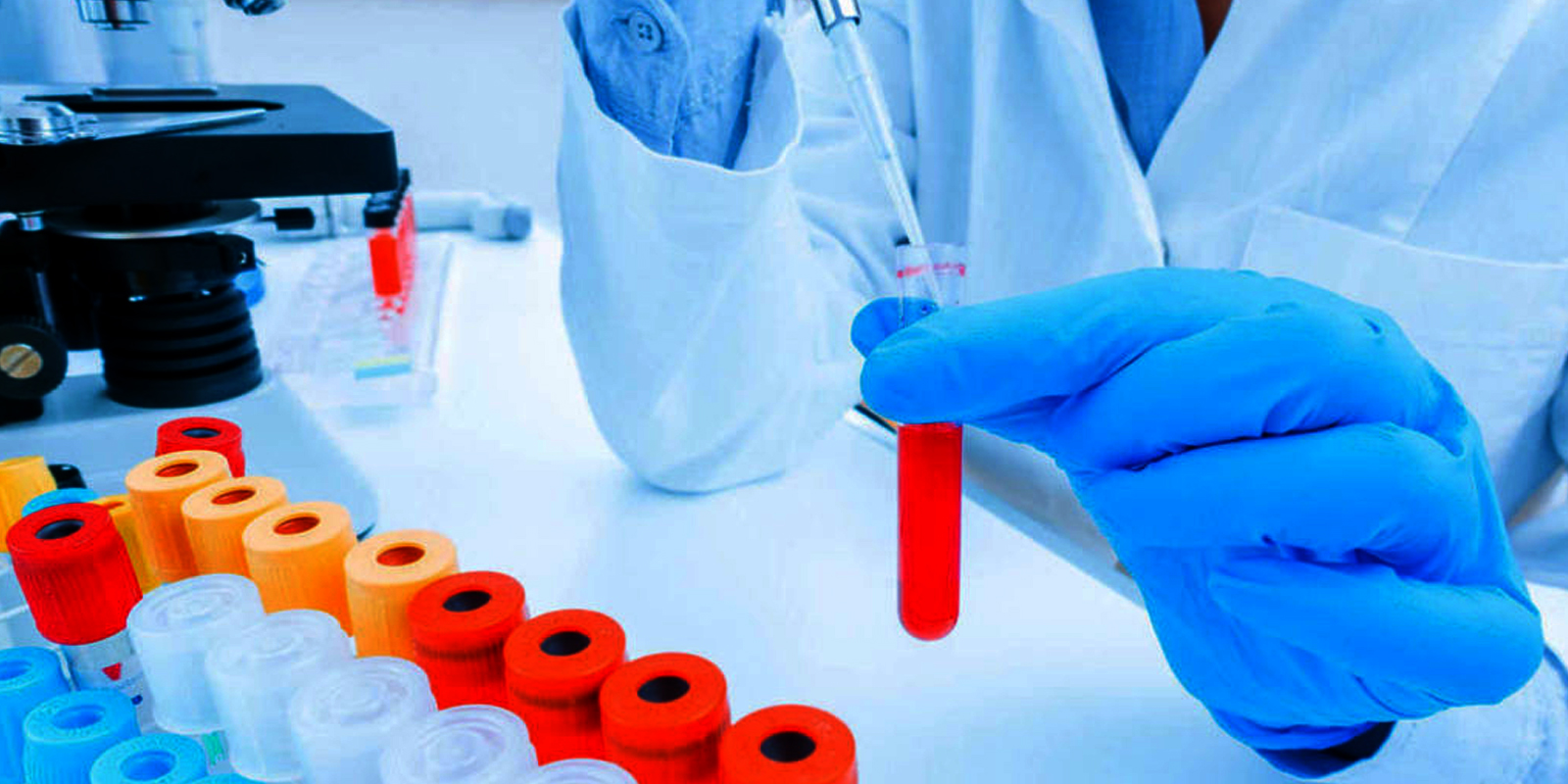Carrier Genetic Testing /Screening is a type of genetic test that can tell you whether you carry a gene for certain genetic disorders.
At Lifesure Fertility, we do Carrier Genetic Testing before or during pregnancy , to allow you to find out your chances of having a child with a genetic disorder.
Why perform Carrier Genetic Testing?
Within our DNA, some genes contain disease-causing mutations, however in most cases these do not cause a disease. This is because we each have two copies of every gene (with the exception of genes on the X-chromosome in men).
Genetic diseases cannot be cured, but they can be prevented with this test. Every year, healthy carriers of recessive gene mutations become parents to discover their child is affected by a life-altering health condition.
This happens due to an inherited genetic disease of which neither parent was aware. When both parents carry a copy of the same genetic mutation, there is a 1 in 4 chance that their child will be affected by the disease even if both parents are unaffected.
At Lifesure Fertility, our main objective is for our patients to have healthy children. By using this test, we can analyze 256 genes for 516 different genetic conditions and reduce the risk of a child being born with a serious genetic disease from 1 in 100 to 1 in 30,000.
In what cases is it indicated?
We all have alterations in our genes, and with the CGT we can find out if these alterations could lead to our children having a genetic disease. The test is recommended in the following cases.
- Prior to an assisted reproduction treatment: it is advised in order to know the risk of transmission so that the best type of treatment can be decided on in each case.
- Prior to a treatment using donor eggs or semen: in order to be able to select a donor who is not a carrier of the same mutation as the member of the couple who is providing the gametes (ova or spermatozoa) we carry out the test on our donors.
- Before trying to become pregnant naturally: for any woman who wants to become pregnant, so that she knows the risk of passing on possible diseases to her child.
How is it done?
The test is carried out on DNA obtained from blood samples from the father and the mother. The results come through in a month, and we can then find out the probability of your child suffering from a genetic disease.
What does it mean if we are both carriers of the same genetic mutation?
This means that with each pregnancy, there is a 25% chance that the child will be born with a life-altering health condition. If you and your partner are both carriers of the same mutation, it is possible to avoid passing down the genetic condition to your child by undergoing IVF with a genetic screening test which can detect whether an embryo is affected by a genetic mutation. Only unaffected embryos will be transferred.
What happens when a mutation is detected?
When a mutation is detected in the same gene for both members of a couple, there is an increased risk of them having a child affected by a genetic disorder. In such cases, the options for conceiving a child who is not affected by the inherited disease include:
In vitro fertilisation treatment with Pre-implantation Genetic Testing for Monogenic disorders (PGT-M).
For the majority of inherited conditions, Juno Genetics can offer tests that reveal which embryos have inherited mutations from the parents. Only embryos predicted to be unaffected are transferred to the mother’s uterus.
Gamete Donation
Couples can consider gamete donation from a donor who does not carry a mutation in the same gene as the male or female partner.
